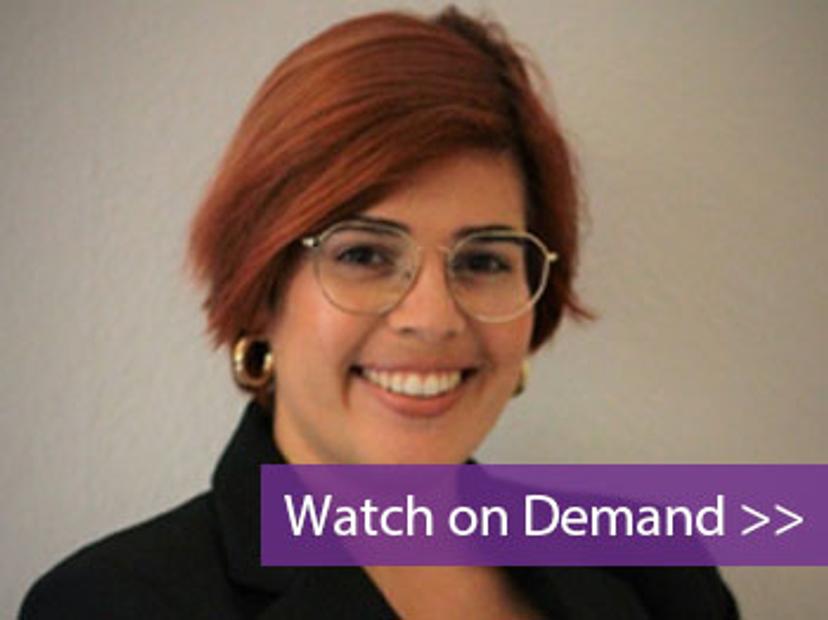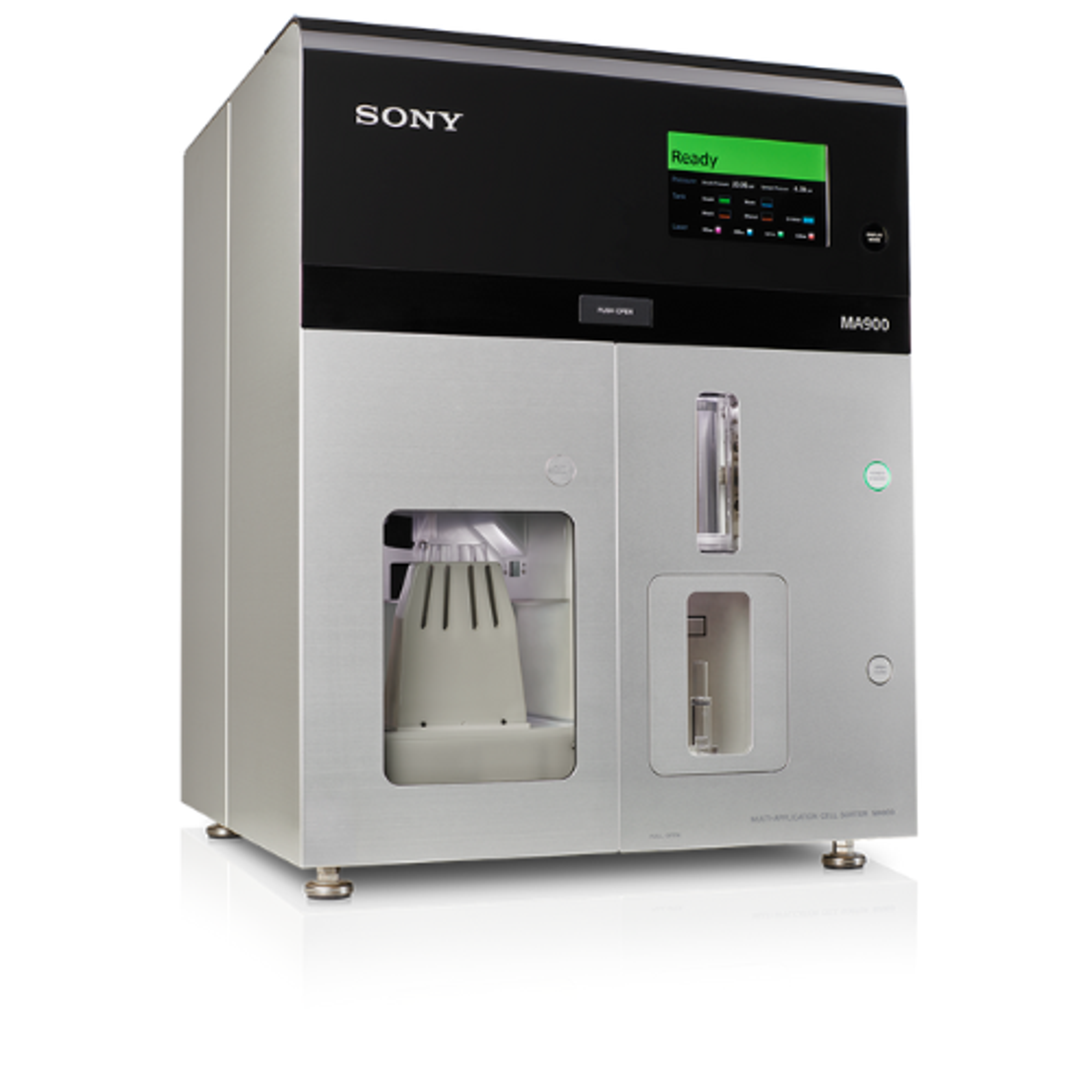The role of TGF-ß in the chronic immune response in severe COVID-19
Watch this on-demand webinar to discover the role played by TGF-ß in the chronic immune reaction in severe cases of COVID-19
25 Apr 2022

Cell sorting is an indispensable tool widely used for purifying cell populations implicated in immune response, immunotherapy, vaccine development and infectious disease. This SelectScience® webinar, now available on demand, focuses on work from eminent scientists in the area of infectious disease research who are using the Sony MA900 Cell Sorter to purify rare immune cell subsets implicated in the pathophysiology of the disease and profile them using other key downstream technologies to understand the intricacies of the immune system at a single-cell resolution.
The pathogenesis of severe COVID-19 reflects an inefficient immune reaction to SARS-CoV-2. The dynamics of adaptive immune response in COVID-19 patients requiring intensive care can be studied by single-cell analysis of the plasmablasts egressed into the blood. These studies show that before seroconversion in response to SARS-CoV-2 spike protein, peripheral plasmablasts display a type 1 interferon-induced gene expression signature. Following seroconversion, plasmablasts lose this signature, expressing instead gene signatures induced by IL-21 and TGF-ß.
Watch this webinar with Dr. Marta Ferreira-Gomes, Postdoctoral Fellow, German Rheumatism Research Center (DRFZ), to learn about the mechanism of the adaptive immune response generated in severe cases of COVID-19 and the role played by TGF-ß in the chronic immune reaction. Plus, gain insight into transcriptome and immune repertoire profiling of T and B cells isolated from COVID-19 patients using the Sony MA900 Cell Sorter.
Watch on demandRead on for the live Q&A session, or register to watch the webinar at a time that suits you.
Is the TGF-ß-mediated immune regulation observed in severe COVID-19 cases age-dependent?
MFG: We saw no correlation between age and TGF-ß levels, so I would say no. It's related to the severity of the disease.
Would you expect to see a similar phenomenon in cohorts of less severe disease or younger age groups?
MFG: We have another publication on NK cells where we have seen that TGF-ß also impairs NK cell function. We have also seen in cohorts of less severe disease that there is less TGF-ß. So, it seems to be related to the severity of the disease.
What are the intended impacts of your research and can these findings be applied to other areas aside from COVID-19?
MFG: Recently, we have seen that there has been a clinical trial where scientists are trying to ameliorate the symptoms of COVID-19 by destroying anti-TGF-ß. We think that this might help in other diseases where TGF-ß is leading to the destruction of the immune system.
Has the target of the IgA2 switch cells been identified?
MFG: We hypothesize that as we are looking at the IgA2, we could look at microbiota. We have not yet cloned and looked at different microbiota, but there are other studies here at the institute related to SARS-CoV-2 and microbiota. You can look at work from Dr. Kruglov, who is also involved in our study and has carried out some work on that.
What are you most excited about for the future of your research?
MFG: I am really interested in memory B cell formation. My goal is to really understand the interaction between B cells and vaccinations, and how the memory is stored. That was the question of my research and still is. It's what drives me. Now, we have the opportunity where a lot of people are vaccinated, and we are able to study in detail how this memory is formed. We can still learn more from this pandemic in this case.
If our attendees would like to keep up to date on your latest research or your new findings, where's the best place for them to go?
MFG: We have our website where we post the latest news of the institute, and you can see the publication. You can also follow me on LinkedIn or Twitter. If you want to know anything about the methods or more details, I'm very happy to share. Sometimes it's nicer to have a one-to-one interaction, and I'm happy to help.
SelectScience runs 10+ webinars a month, discover more of our upcoming webinars>>

